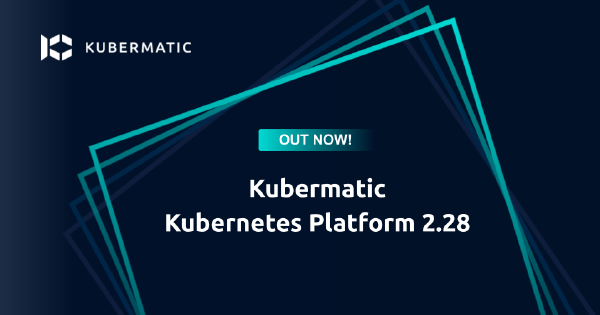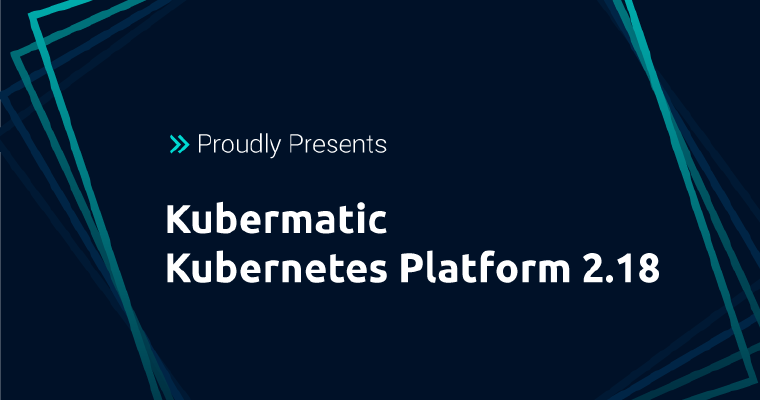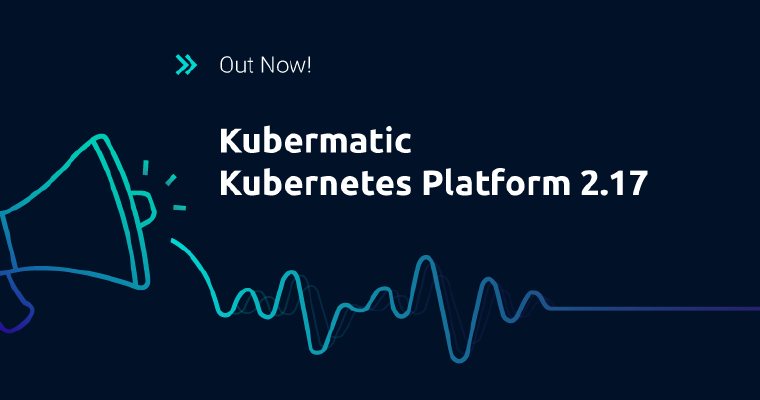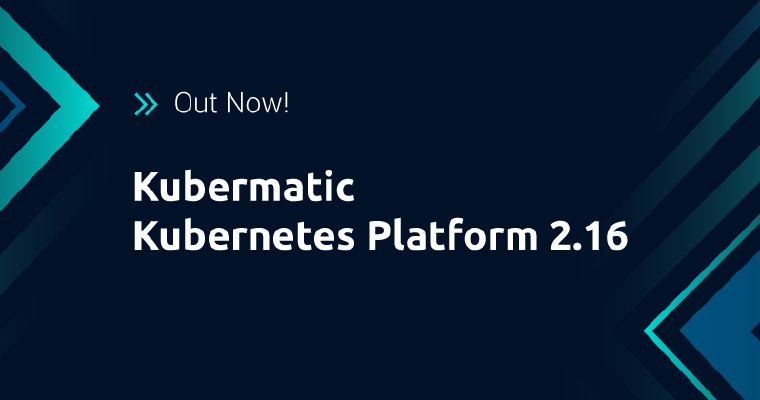


KKP Cluster Autoscaler
In a nutshell, it’s a component that automatically adjusts the size of a Kubernetes Cluster so that all pods have a place to run and there are no unneeded nodes.

KKPCTL: The Command Line Tool for Kubermatic Kubernetes Platform
KKPCTL is a command line tool written by Cedric Kienzler in early 2021 which implements parts of the Kubermatic Kubernetes Platform (KKP) API and lets you access the API via your command line.

Kubermatic Kubernetes Platform 2.18 Is Here!
Today, we are excited to announce the latest release of Kubermatic Kubernetes Platform (KKP). Through our dedicated efforts we are pleased to offer our community one of the most significant updates to date, which includes some great new features like multi user cluster monitoring, logging, and altering, cluster templates, new metering integration, and Open Policy Agent enhancements.

How to Implement Kubernetes Monitoring, Logging, and Alerting at Scale
In this post, we’ll look at how we implemented a Monitoring, Logging, and Alerting stack (MLA) for a highly distributed platform, in a scalable and efficient manner.

Why Implementing Kubernetes Operators Is a Good Idea!
There are so many environments that operational tasks and applications have to be managed in today, it can be a real challenge. Implementing cloud native Operators are a great way to improve efficiencies by providing the tools to automate these processes. In this blog post, you’ll learn more about what Kubernetes Operators are and the benefits of adding them.

Just Released! Kubermatic Kubernetes Platform 2.17
Today, we are thrilled to announce that Kubermatic Kubernetes Platform (KKP) 2.17 is available, as part of our relentless dedication to the innovation of all things Kubernetes.

Installing Kubermatic Kubernetes Platform
In the third and last part of our Getting Started With Kubermatic Kubernetes Platform (KKP) blog post series, we take you on a deep dive on how to install KKP Community Edition (CE) on an existing Kubernetes cluster.

Kubermatic Kubernetes Platform 2.16 Is Here!
Here we go, our first release of the year is out! With Kubermatic Kubernetes Platform (KKP) 2.16, we now support the Open Policy Agent for improved policy control and have added dynamic data centers and other expanded GitOps capabilities. On top of that, with Machine Learning being one of the …

Support for CoreOS Container Linux Has Ended
Since May 2020 CoreOS Container Linux is end of life and no longer receives updates. With the upcoming Kubermatic Kubernetes Platform (KKP) 2.16 release, we will no longer support CoreOS Container Linux. In case you still have CoreOS clusters running, you risk to encounter major security liability …

Quick and Easy Kubernetes Deployments With KubeOne
Following our first blog post of the Getting Started with Kubermatic Kubernetes Platform webinar series, this second part continues on the path of showing you how to use KKP to automate your Kubernetes operations at scale.
Specifically, we will show you how Kubermatic KubeOne fits into the KKP …

Getting Started With Kubermatic Kubernetes Platform Part 1
The “old world” of IT operations used to entail high maintenace effort, costly downtimes, vendor lock-in, and developers waiting for their tickets to be processed. Enter: Kubermatic Kubernetes Platform. We saw the need for IT operations to be automated and infrastructure to be more scalable and …

How to Mitigate the Impact of Docker Rate Limits with Kubermatic
If you are using Docker Hub, you will be aware of pull-request limits that are being enforced since November 2. Limits are determined based on the account type: If you are using the free tier of Docker Hub, you can only execute 100 pulls per 6 hours and per client IP for anonymous clients. …
